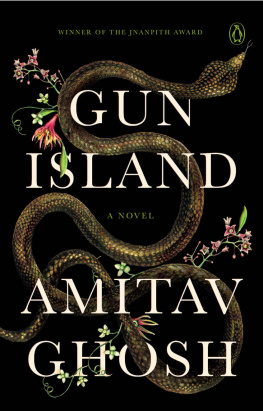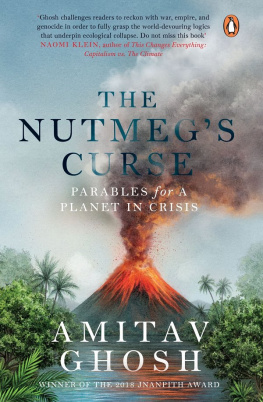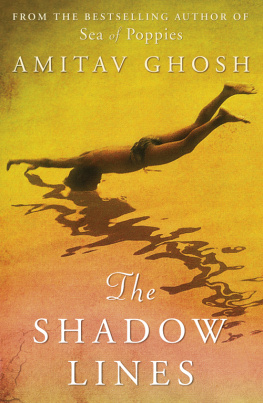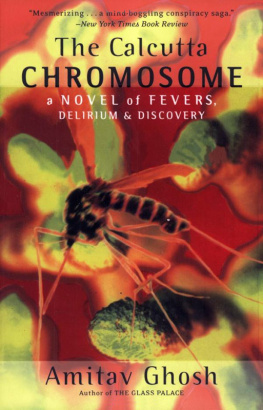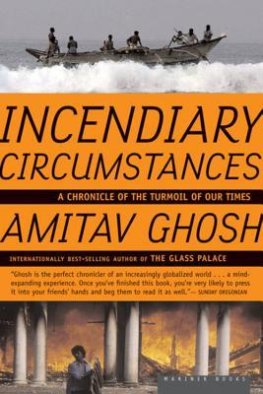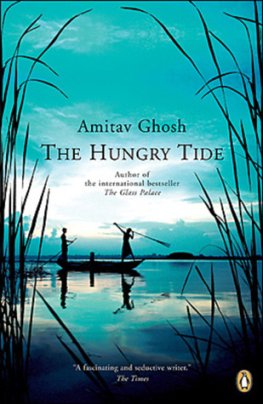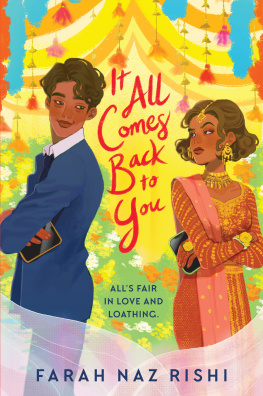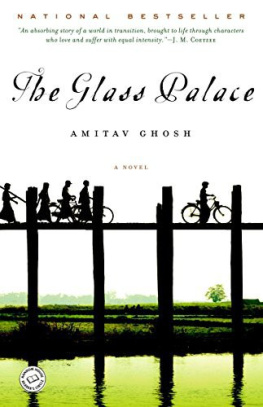Calcutta
T he strangest thing about this strange journey was that it was launched by a word and not an unusually resonant one either but a banal, commonplace coinage that is in wide circulation, from Cairo to Calcutta. That word is bundook, which means gun in many languages, including my own mother tongue, Bengali (or Bangla). Nor is the word a stranger to English: by way of British colonial usages it found its way into the Oxford English Dictionary, where it is glossed as rifle.
But there was no rifle or gun in sight the day the journey began; nor indeed was the word intended to refer to a weapon. And that, precisely, was why it caught my attention: because the gun in question was a part of a name Bonduki Sadagar, which could be translated as the Gun Merchant.
The Gun Merchant entered my life not in Brooklyn, where I live and work, but in the city where I was born and raised Calcutta (or Kolkata, as it is now formally known). That year, as on many others, I was in Kolkata through much of the winter, ostensibly for business. My work, as a dealer in rare books and Asian antiquities, requires me to do a good deal of on-site scouting and since I happen to possess a small apartment in Kolkata (carved out of the house that my sisters and I inherited from our parents) the city has become a second base of operations for me.
But it wasnt just work that brought me back every year: Kolkata was also sometimes a refuge, not only from the bitter cold of a Brooklyn winter, but from the solitude of a personal life that had become increasingly desolate over time, even as my professional fortunes prospered. And the desolation was never greater than it was that year, when a very promising relationship came to a shockingly abrupt end: a woman I had been seeing for a long time had cut me off without explanation, blocking me on every channel that we had ever used to communicate. It was my first brush with ghosting, an experience that is as humiliating as it is painful.
Suddenly, with my sixties looming in the not-too-distant future, I found myself more alone than ever. So, I went to Calcutta earlier than usual that year, timing my arrival to coincide with the annual migration that occurs when the weather turns cold in northern climes and great flocks of foreign-settled Calcuttans, like myself, take wing and fly back to overwinter in the city. I knew that I could count on catching up with a multitude of friends and relatives; that the weeks would slip by in a whirl of lunches, dinner parties and wedding receptions. And the thought that I might, in the midst of this, meet a woman with whom I might be able to share my life was not, I suppose, entirely absent from my mind (for this has indeed happened to many men of my vintage).
But of course nothing like that came to pass even though I lost no opportunity to circulate and was introduced to a good number of divorcees, widows and other single women of an appropriate age. There were even a couple of occasions when I felt the glow of faint embers of hope... but only to discover, as I had many times before, that there are few expressions in the English language that are less attractive to women than Rare Book Dealer.
So the months slipped by in a cascade of disappointments and the day of my return to Brooklyn was almost at hand when I went to the last of my social engagements of the season: the wedding reception of a cousins daughter.
I had just entered the venue a stuffy colonial-era club when I was accosted by a distant relative, Kanai Dutt.
I had not seen Kanai in many years, which was not entirely a matter of regret for me: he had always been a glib, vain, precocious know-it-all who relied on his quick tongue and good looks to charm women and get ahead in the world. He lived mainly in New Delhi and had thrived in the hothouse atmosphere of that city, establishing himself as a darling of the media: it was by no means uncommon to turn on the television and find him yelling his head off on a talkshow. He knew everyone, as they say, and was often written about in magazines, newspapers and even books.
The thing that most irritated me about Kanai was that he always found a way of tripping me up. This occasion was no exception; he began by throwing me a curveball in the shape of my childhood nickname, Dinu (which I had long since abandoned in favour of the more American-sounding Deen).
Tell me, Dinu, he said, after a cursory handshake, is it true that youve set yourself up as an expert on Bengali folklore?
The almost audible sneer rattled me. Well, I spluttered, I did some research on that kind of thing a long time ago. But I gave it up when I left academia and became a book dealer.
But you did get a PhD, didnt you? he said, with barely concealed derision. So you are technically an expert.
I would hardly call myself that...
He cut me short without apology. So tell me then, Mr Expert, he said. Have you ever heard of a figure called Bonduki Sadagar?
He had clearly been intending to surprise me and he succeeded: the name Bonduki Sadagar (Gun Merchant) was so new to me that I was tempted to think that Kanai had made it up.
What do you mean by figure? I said. You mean some kind of folk hero?
Yes like Dokkhin Rai, or Chand Sadagar...
He went on to name a few other well-known characters from Bengali folklore: Satya Pir, Lakhindar and the like. Such figures are not quite gods and nor are they merely saintly mortals: like the shifting mudflats of the Bengal delta, they arise at the conjuncture of many currents. Sometimes shrines are built to preserve their memory; and almost always their names are associated with a legend. And since Bengal is a maritime land, seafaring is often a prominent feature of such tales.
The most famous of these stories is the legend of a merchant called Chand Chand Sadagar who is said to have fled overseas in order to escape the persecution of Manasa Devi, the goddess who rules over snakes and all other poisonous creatures.
There was a time in my childhood when the merchant Chand and his nemesis, Manasa Devi, were as much a part of my dream-world as Batman and Superman would become after I had learnt English and started to read comic books. Back then there was no television in India and the only way to entertain children was to tell them stories. And if the storytellers happened to be Bengali, sooner or later they were sure to circle back to the tale of the Merchant, and the goddess who wanted him as her devotee.
The storys appeal is, I suppose, not unlike that of the Odyssey, with a resourceful human protagonist being pitted against vastly more powerful forces, earthly and divine. But the legend of the merchant Chand differs from the Greek epic in that it does not end with the hero being restored to his family and patrimony: the Merchants son, Lakhindar, is killed by a cobra on the night of his wedding and it is the boys virtuous bride, Behula, who reclaims his soul from the underworld and brings the struggle between the Merchant and Manasa Devi to a fragile resolution.

